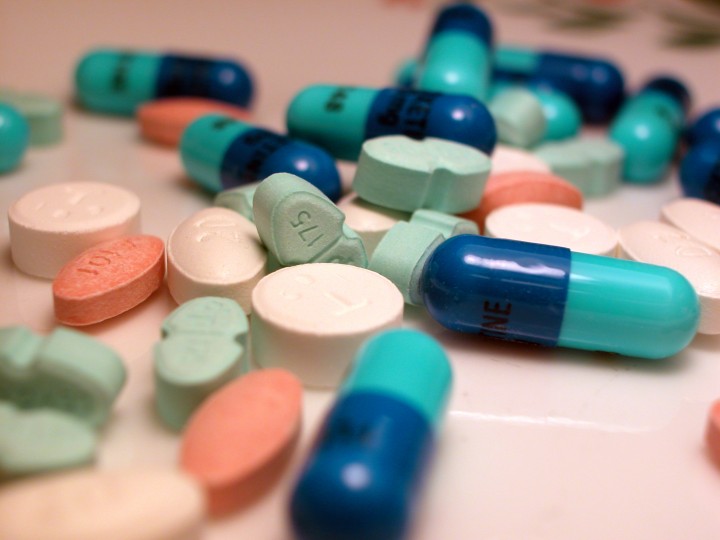TORONTO – Bladder Cancer Canada says it is deeply concerned about the shortage of a drug critical to treating the common malignancy, which will be diagnosed in about 8,000 Canadians this year.

The shortage of the medication — called bacillus Calmette-Guerin, or BCG — has been caused by manufacturing problems at plants operated by two different pharmaceutical companies — Merck and Sanofi Pasteur.
The drug is believed to work by stimulating immune responses that can destroy cancer cells within the bladder. BCG can be used to treat early-stage cancer, but is most commonly given to prevent recurrence of non-invasive bladder cancer following surgery to remove the tumour, the advocacy group said Monday.
Without access to the medication, some patients may have to have their bladder removed. While doctors are sometimes able to reconstruct a “neobladder” using intestinal tissue, the surgery can lead to such adverse effects as incontinence, impotence and infertility.
READ MORE: Patients, experts shed light on bladder cancer in Canada
“On a personal basis, I am really, really upset about the fact that not only in Canada, but worldwide, there’s a situation where people are finding themselves without BCG,” said David Guttman, co-founder and chairman of Bladder Cancer Canada, who was diagnosed with the disease in 1994 at age 54.
“We have lots of patients who contact us through the website or by phone, and there’s an extreme amount of anxiety of ‘Am I going to get the BCG or am I not?'” he said, stressing that there’s enough anxiety just “dealing with the cancer on a day-to-day basis.”
Merck Canada informed the organization on Aug. 25 that its BCG product OncoTICE was on back order due to a manufacturing problem at its Organon Teknika facility in Durham, N.C. The company said individual lots of the product are being quality-tested and progressively released.
“We’re working to increase the supply of this obviously very important medicine,” spokeswoman Ani Armenian said from Montreal. “The focus is there to get it to patients that need it most, and also to make sure this issue is resolved as quickly as possible.”
Sanofi Pasteur’s BCG drug, called ImmuCyst, has been unavailable for two years as a result of problems at a plant near Toronto. The drug is not expected to come back on the market until the second half of 2015.
READ MORE: 2 components of red meat increase risk of bladder cancer, American researchers say
Dr. Neil Fleshner, head of urology at Toronto’s University Health Network, which includes Princess Margaret Cancer Centre, said doctors are looking at giving patients one-third of the usual dose per treatment, which involves injecting the medication into the bladder through a catheter to “wash” the organ.
Patients usually get six treatments “up front,” followed by mini-boosts of BCG every few months over the next one to three years, about 18 injections in all, said Fleshner.
“I think there’s a little bit of dwindling stock floating around and I think most of us, my colleagues and I, are thinking if we go to the one-third dose and we continue the treatment for three years, I think the impact will be minor,” he said, speaking of the effect on patients overall.
“But I think if we truly run out of stock and are at a point where we can’t give any to anybody — and that may happen as soon as three, five, six weeks from now, maybe for some centres even sooner — I think it would be an oncological tragedy for some patients because BCG has been proven to really save the bladders and lives of men and women with this condition.
“And that’s a big deal. Losing a bladder is a pretty life-altering experience. And if that could not be prevented, that would be a real shame.”
Bladder cancer is the fifth most common cancer in Canada overall, with men making up about 75 per cent of cases. There are several different kinds of bladder cancer, which have been linked to smoking, a parasitic infection, radiation and chemical exposure.
An estimated 2,200 people in Canada die each year of the disease, according to Canadian Cancer Society statistics.
Follow @SherylUbelacker on Twitter.



Comments